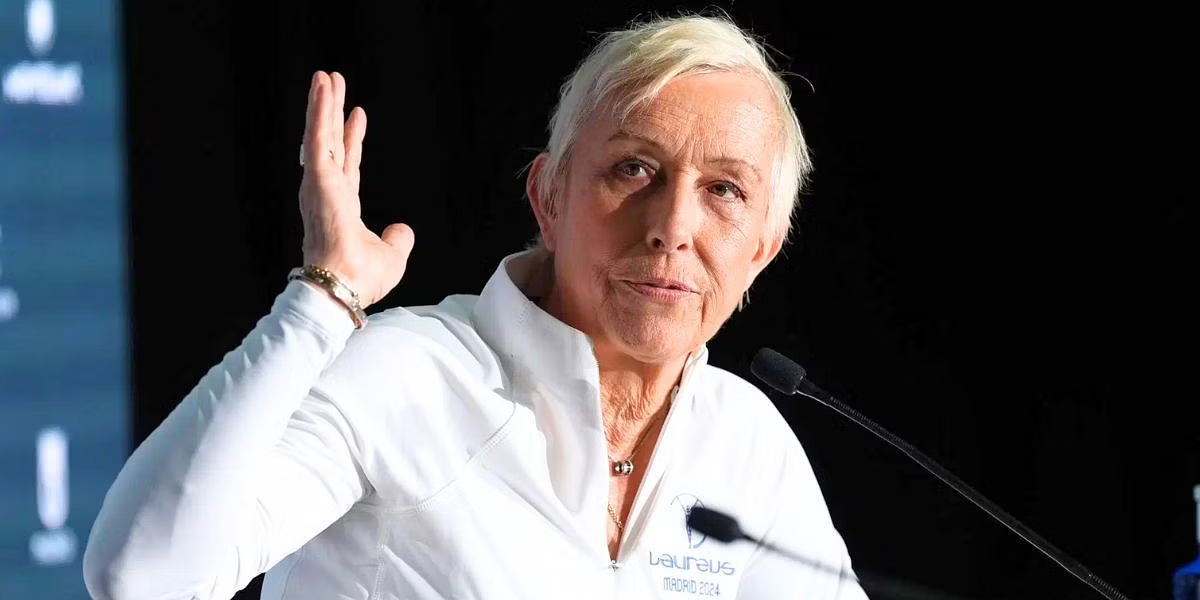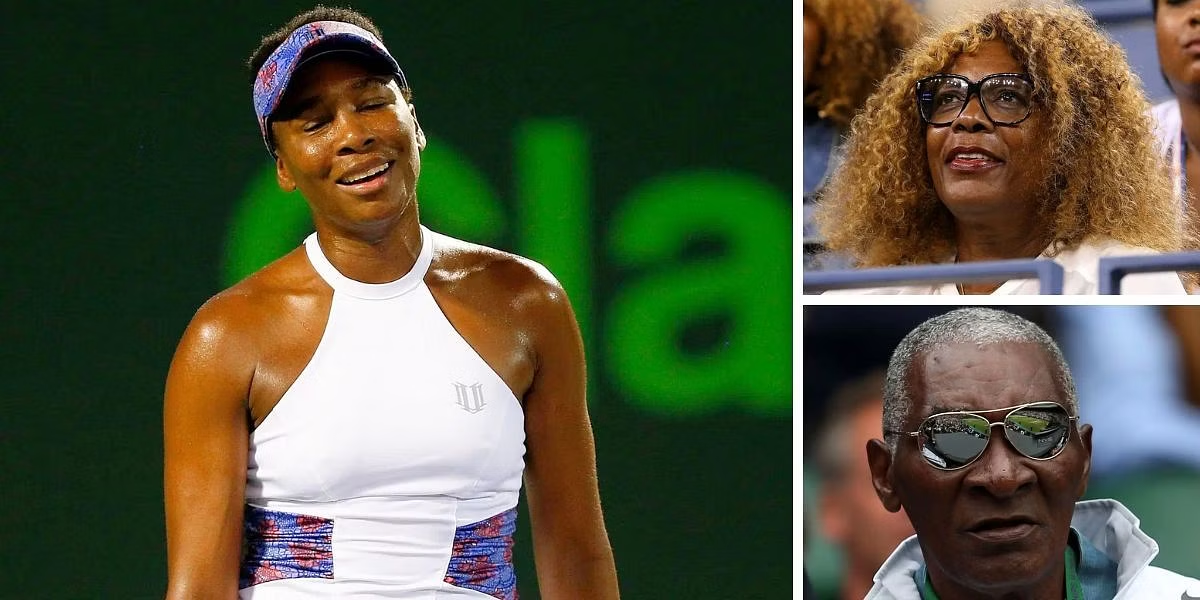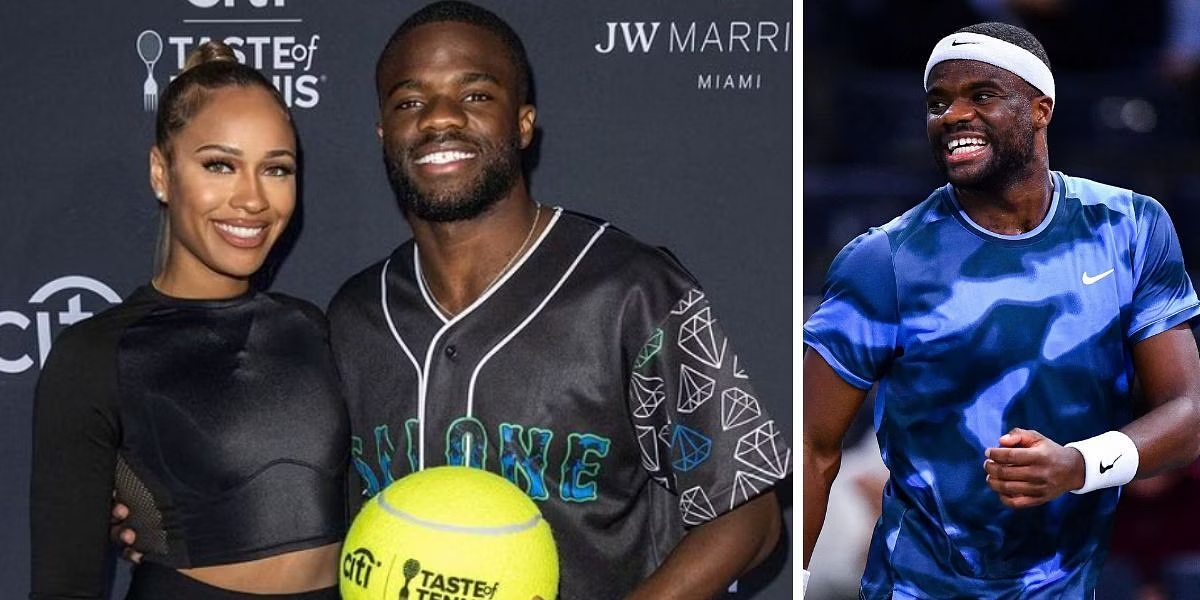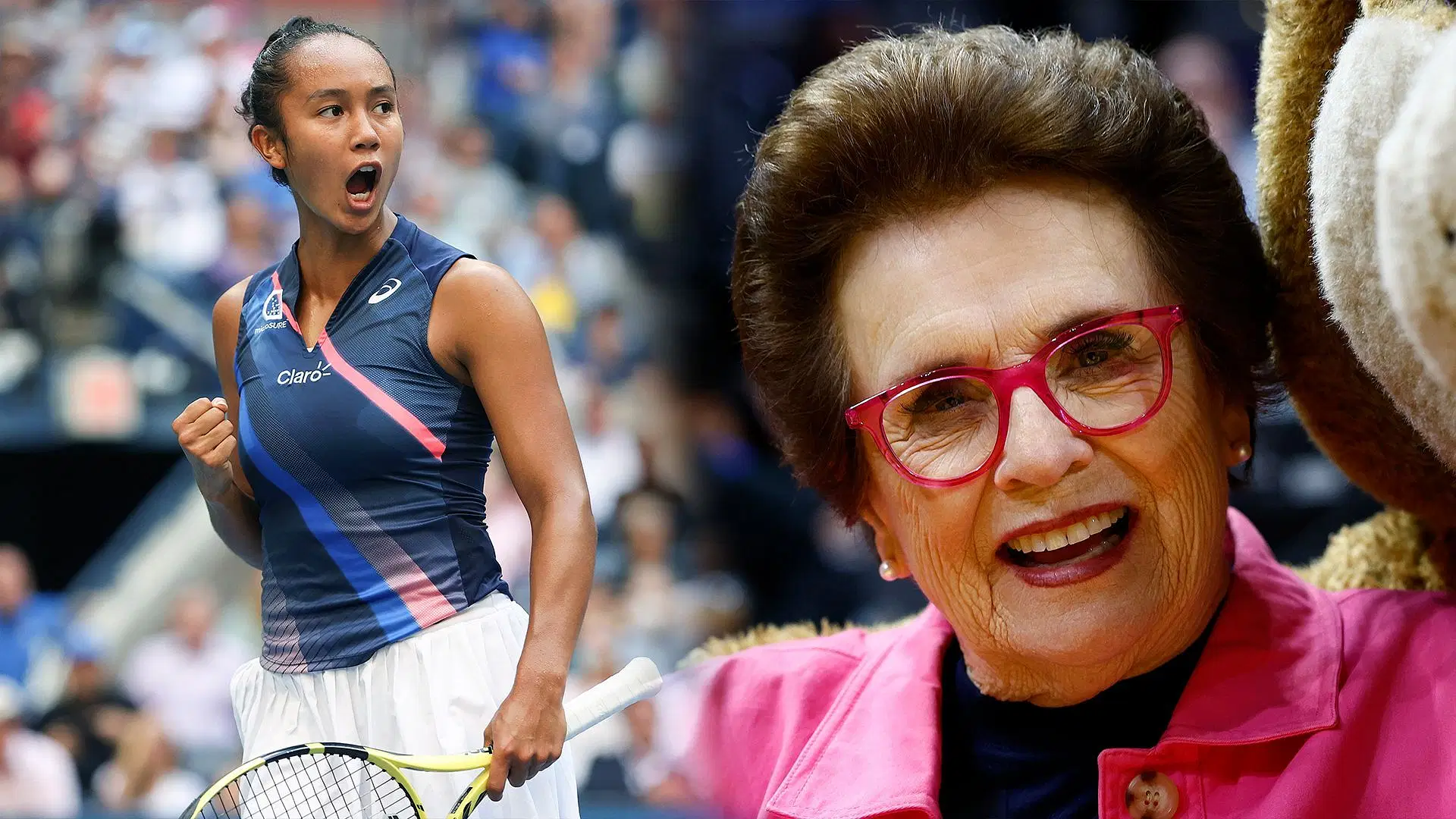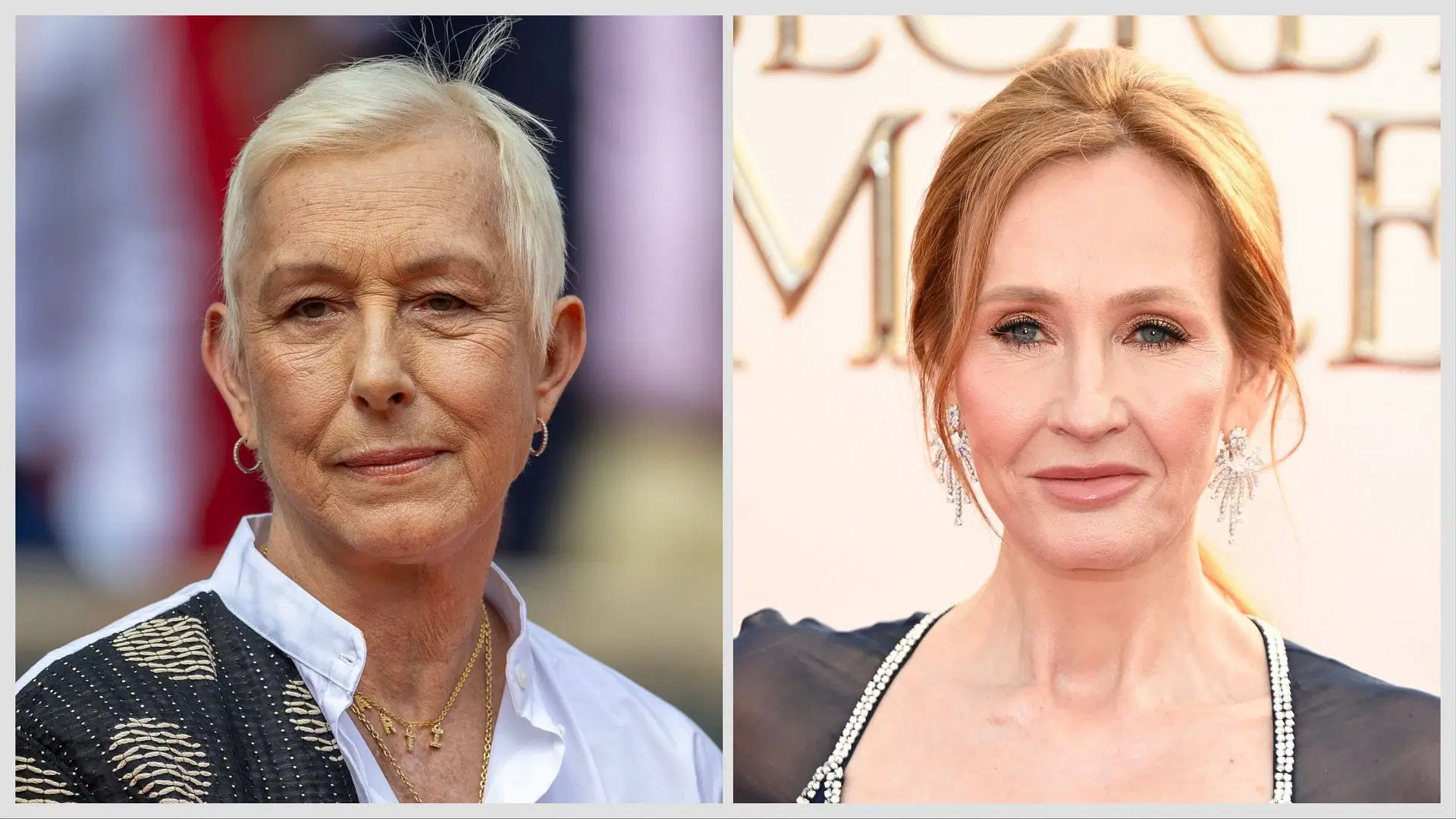**Martina Navratilova** has long been an outspoken advocate for women in sports, often addressing the criticisms she faced throughout her career. Despite being one of the most accomplished tennis players in history, she felt unfairly scrutinized and criticized, especially when compared to her great rival **Chris Evert**. In a 1985 interview with *The New York Times*, Navratilova expressed frustration with being seen as detrimental to women’s tennis, despite her remarkable success.
A major point of contention was the criticism she faced over her **muscular physique** and **aggressive playing style**. Unlike **Evert**, whose approach was more subdued and downplayed her achievements, Navratilova was often perceived as “cocky” and overly confident, something **Evert** herself acknowledged. Evert suggested that Navratilova’s **Eastern European background**, combined with her aggressive on-court demeanor, made it harder for American audiences to embrace her the same way they did Evert, who was seen as more relatable and modest.
**Billie Jean King** also weighed in, noting that the tennis world often placed too much emphasis on women’s appearances and beauty. She pointed out that many people, particularly men, felt threatened by Navratilova’s strength and physicality. Navratilova, in turn, echoed this sentiment, explaining that people often took issue with her powerful game and muscular build, which defied traditional expectations for women in the sport.
Later in her career, Navratilova sympathized with **Serena Williams**, who faced similar scrutiny. In a 2010 interview, Navratilova expressed that if **Serena** were a man, her strength and physical dominance would likely be celebrated rather than seen as intimidating. Navratilova herself had experienced the same backlash due to her physique and aggressive playing style. Despite the criticism, she praised Serena for embracing her body and strength unapologetically, recognizing that this confidence was a key factor in Serena’s success.
In addition to physical critiques, Navratilova also spoke out against the **sexualization** of female athletes. She was displeased with the media’s tendency to treat women like “sexual objects” rather than focusing on their athleticism. This, she believed, was another example of how women in sports were not given the respect they deserved as athletes.
Overall, Navratilova’s reflections reveal the struggles she faced as a pioneering female athlete who was often ahead of her time, challenging societal expectations of women in sports. Her legacy continues to influence how female athletes are viewed, and her willingness to speak out on these issues has paved the way for future generations to push back against outdated perceptions of women in athletics.

